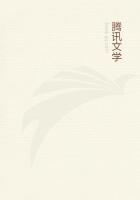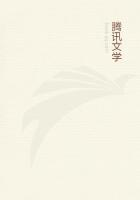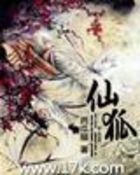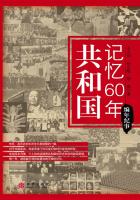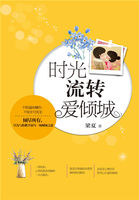So many versions of the Divine Comedy exist in English that a new one might well seem needless. But most of these translations are in verse, and the intellectual temper of our time is impatient of a transmutation in which substance is sacrificed for form's sake, and the new form is itself different from the original. The conditions of verse in different languages vary so widely as to make any versified translation of a poem but an imperfect reproduction of the archetype. It is like an imperfect mirror that renders but a partial likeness, in which essential features are blurred or distorted. Dante himself, the first modern critic, declared that "nothing harmonized by a musical bond can be transmuted from its own speech without losing all its sweetness and harmony," and every fresh attempt at translation affords a new proof of the truth of his assertion. Each language exhibits its own special genius in its poetic forms. Even when they are closely similar in rhythmical method their poetic effect is essentially different, their individuality is distinct. The hexameter of the Iliad is not the hexameter of the Aeneid. And if this be the case in respect to related forms, it is even more obvious in respect to forms peculiar to one language, like the terza rima of the Italian, for which it is impossible to find a satisfactory equivalent in another tongue.
If, then, the attempt be vain to reproduce the form or to represent its effect in a translation, yet the substance of a poem may have such worth that it deserves to be known by readers who must read it in their own tongue or not at all. In this case the aim of the translator should he to render the substance fully, exactly, and with as close a correspondence to the tone and style of the original as is possible between prose and poetry. Of the charm, of the power of the poem such a translation can give but an inadequate suggestion; the musical bond was of its essence, and the loss of the musical bond is the loss of the beauty to which form and substance mutually contributed, and in which they were both alike harmonized and sublimated. The rhythmic life of the original is its vital spirit, and the translation losing this vital spirit is at best as the dull plaster cast to the living marble or the breathing bronze. The intellectual substance is there;and if the work be good, something of the emotional quality may be conveyed; the imagination may mould the prose as it moulded the verse,-- but, after all, "translations are but as turn-coated things at best," as Howell said in one of his Familiar Letters.
No poem in any tongue is more informed with rhythmic life than the Divine Comedy. And yet, such is its extraordinary distinction, no poem has an intellectual and emotional substance more independent of its metrical form. Its complex structure, its elaborate measure and rhyme, highly artificial as they are, are so mastered by the genius of the poet as to become the most natural expression of the spirit by which the poem is inspired; while at the same time the thought and sentiment embodied in the verse is of such import, and the narrative of such interest, that they do not lose their worth when expressed in the prose of another tongue; they still haye power to quicken imagination, and to evoke sympathy.
In English there is an excellent prose translation of the Inferno, by Dr. John Carlyle, a man well known to the reader of his brother's Correspondence. It was published forty years ago, but it is still contemporaneous enough in style to answer every need, and had Dr. Carlyle made a version of the whole poem I should hardly have cared to attempt a new one. In my translation of the Inferno I am often Dr. Carlyle's debtor. His conception of what a translation should be is very much the same as my own. Of the Purgatorio there is a prose version which has excellent qualities, by Mr. W. S. Dugdale. Another version of great merit, of both the Purgatorio and Paradiso, is that of Mr. A. J. Butler. It is accompanied by a scholarly and valuable comment, and I owe much to Mr. Butler's work. But through what seems to me occasional excess of literal fidelity his English is now and then somewhat crabbed. "He overacts the office of an interpreter," I cite again from Howell, "who doth enslave himself too strictly to words or phrases. One may be so over- punctual in words that he may mar the matter."I have tried to be as literal in my translation as was consmstent with good English, and to render Dante's own words in words as nearly correspondent to them as the difference in the languages would permit. But it is to be remembered that the familiar uses and subtle associationswhich give to words their full meaning are never absohitely the same in two languages. Love in English not only SOUNDS but IS different from amor in Latin, or amore in Italian. Even the most felicitous prose translation must fail therefore at times to afford the entire and precise meaning of the original.
Moreover, there are difficulties in Dante's poem for Italians, and there are difficulties in the translation for English readers. These, where it seemed needful, I have endeavored to explain in brief footnotes. But I have desired to avoid distracting the attention of the reader from the narrative, and have mainly left the understanding of it to his good sense and perspicacity. The clearness of Dante's imaginative vision is so complete, and the character of his narration of it so direct and simple, that the difficulties in understanding his intention are comparatively few.


